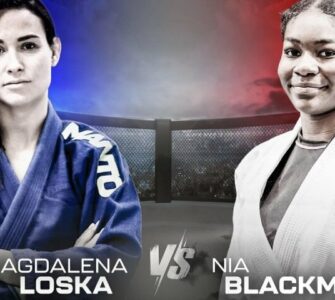A good competitive result comes only after a dedicated period of sacrifice, hard work and persistence. Each and every “camp” has some steps you must consider if you’re serious about your journey.
Nutrition is a big factor that will ensure optimal results. Jason Ellis of Northumbria Centre for Sleep Research believes in the golden triad for healthy living and especially so when it comes to sports performance.
Key elements are: nutrition and supplementation, sleep and performance and recovery.
When it comes to sleep there’s a difference between extreme morning types and evening types. He explained that our propensity for sleep is regulated by the interaction between homeostatic mechanisms and the internal body clock. Typically, the circadian system is most active between 4 am to 4 pm. At approximately 4 pm the body stops secreting cortisol (one of the stress hormones involved in regulating blood glucose levels, blood pressure and activation of the central nervous system) and begins secreting melatonin, the hormone that controls our sleep cycle.
Extreme morning types (larks) can shift this process an hour earlier, whereas extreme evening types (owls) can shift this process back by an hour. Research shows that owls are more likely to have variable sleep scheduling, more likely to gain weight, eat late at night and more likely to experience insomnia, sleep apnoea and depression.
Chronotype might affect an athlete’s ability to utilize energy so naturally timing sleep and performance time plays a big role. This is one of the first things you should sort out when preparing for Competition.
Further scientific findings suggest that over a 24-hour period an athlete requires between 9 and 10 hours of sleep, of which 80–90% should be at night (Calder 2003; Bompa & Haff 2009). In order to meet these requirements, athletes are often encouraged to nap (Kentta & Hassmen 2002).
Nutrition also factors into sleep – Following tart cherry juice supplementation, athletes had significantly higher levels of melatonin, reduced duration of daytime napping, increased total sleep time and increased sleep efficiency from 77% to 82% (Howatson et al. 2012).
Another thing to work on is anticipatory stress. Piled up anxiety can seriously impair your sleep and put you off your game. In athletes the stress of anticipation of a competition event might result in late sleep onset one night that could influence stress hormone levels over subsequent days, even if the event is postponed or delayed.
One thing you could do to get a jump on the anxiety interrupting sleep is consuming a high GI, carbohydrate-based meal 4 hours before bed to reduce sleep onset time (Afaghi et al. 2007).
When it comes to BJJ specific advice – it would be wisest to start off your hard rolls early. Now this serves a specific purpose – by starting hard rolls early on in prep you’ll be also starting your recovery earlier and your body will be completely restored in time for competition.
It would be wisest not to introduce new moves into your gameplan later on during training. Working on muscle memory is fairly challenging so if you don’t have extraordinary amounts of talent it’s best to stick what works to the point where the moves become automatized, almost 2nd nature.


















